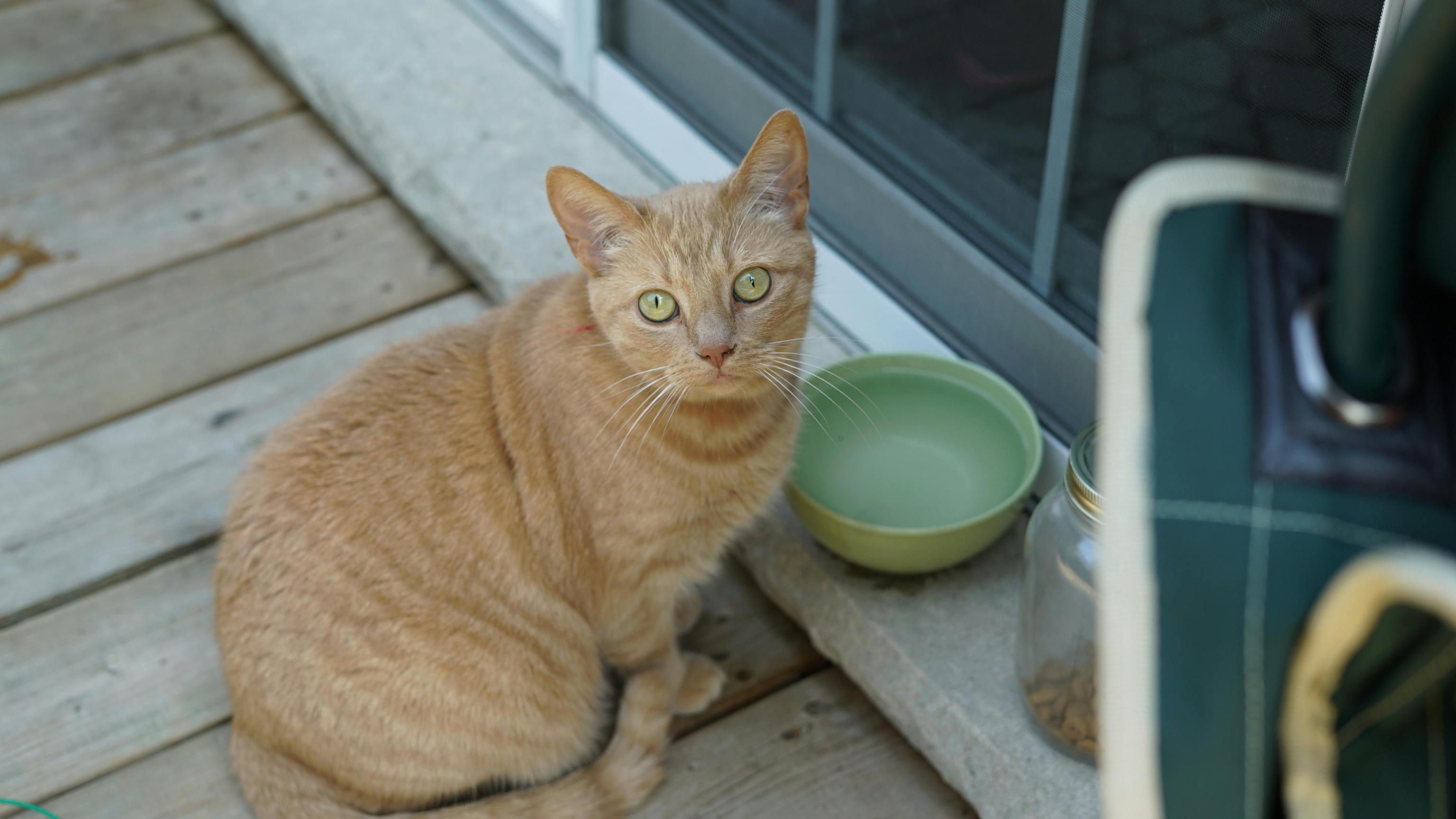Proper nutrition is vital for your cat's overall health and well-being. Cats have unique dietary needs, and understanding these can help you make informed choices about their food. At Ingleside Animal Hospital, we’re here to guide you through the essentials of feline nutrition.

1. The Basics of Feline Nutrition
Cats are obligate carnivores, which means they require certain nutrients that are primarily found in animal-based proteins. A balanced diet for your cat should include:
- High-Quality Protein: Look for a diet that lists a high-quality source of animal protein as the first ingredient, such as chicken, turkey, or fish.
- Essential Amino Acids: Cats need specific amino acids, including taurine, arginine, and methionine, which are crucial for heart health, vision, and overall bodily functions.
- Fat: Healthy fats provide energy and are essential for a shiny coat and healthy skin. Look for sources like fish oil or chicken fat.
2. Understanding Carbohydrates
While cats primarily thrive on protein, some carbohydrates can be beneficial in moderation. They can provide energy and help with digestive health. However, it’s important to avoid diets high in fillers like corn or wheat, as these can lead to obesity and other health issues.
3. The Role of Vitamins and Minerals
A complete and balanced diet should include essential vitamins and minerals. Key nutrients include:
- Vitamin A: Important for vision and immune function.
- B Vitamins: Essential for energy metabolism and overall health.
- Calcium and Phosphorus: Crucial for bone health.
4. Wet vs. Dry Food
Both wet and dry cat food have their benefits. Consider the following:
- Wet Food: High in moisture, which can help keep your cat hydrated and is often more palatable. It’s beneficial for cats with urinary issues.
- Dry Food: Convenient and can help with dental health due to its crunchiness. However, ensure your cat has access to fresh water at all times.
5. Special Dietary Needs
Certain factors may require specific dietary considerations:
- Age: Kittens, adult cats, and senior cats have different nutritional needs. Choose age-appropriate food to support their health at every life stage.
- Health Conditions: Cats with specific health issues, such as kidney disease or diabetes, may require specialized diets. Consult your veterinarian for tailored recommendations.
- Weight Management: If your cat is overweight or underweight, discuss dietary adjustments with your veterinarian to develop a suitable plan.
6. Homemade Diets and Treats
If you’re considering a homemade diet for your cat, it’s essential to consult with your veterinarian or a pet nutritionist. Cats have specific nutritional needs that must be met to avoid deficiencies. Similarly, treats should only make up a small portion of your cat’s diet and should be healthy and low in calories.
If you have questions and you'd like to reach out to us, you can call us directly at (602) 833-7511, or you can email us at [email protected]. Don't forget to follow us on social media Facebook, Instagram.
